One of the main drivers of global economic development, especially in developing countries, is carbon-intensive industry. This has been the case for centuries. Sectors such as coal-based energy, cement and even fossil-fuel transportation have contributed greatly to economic growth and job creation. But on the other hand, these industries are one of the main causes of the climate crisis, which has impacts on the environment, climate change and basic human rights.
Carbon-intensive industries play an important role in meeting the basic needs of today’s modern society, especially in developing countries. Fossil fuels produce the energy used to generate electricity, fuel vehicles and industrial processes. Developing countries also depend on fossil fuel exports for their economies.
The existence of these industries is usually supported by fanning the flames of the environment. Burning fossil fuels increases the concentration of CO2 or increases greenhouse gas emissions, which trigger global warming and climate change. Other impacts are not only on ecosystems but threats to human life such as food security, access to water, and public health.
On the other hand, humans have human rights such as the right to life, the right to health, and the right to a clean environment. But these rights are often threatened by the impacts of climate change caused by carbon-intensive industries. For example, the increase in global temperature has caused the polar ice caps to melt and sea levels to rise, threatening the existence of coastal communities. This is the case in coastal Jakarta. The result threatens the life or existence of coastal communities. Another example is a drought that occurs for a very long time, thus affecting the availability of clean water or groundwater that may be used by the community.
If carbon-intensive industries are suddenly banned or drastically reduced, this will threaten other basic rights such as the right to work and a decent life. Many workers make a living from carbon-intensive industries. Especially countries with a natural resource base.
Protecting basic rights while facing economic dependence on carbon-intensive industries is a complex challenge today. Imagine a city that relies on factories that produce high carbon emissions and has done so for a very long time. On the one hand, these factories are a source of income or livelihood for thousands of workers and their families. They depend on their monthly salary to fulfil their basic needs such as food, education, and health.
But on the other hand, the smoke produced from factory chimneys is slowly threatening the health of residents. Even children are experiencing respiratory problems, the elderly are more prone to illness and the air quality is deteriorating. This violates people’s basic rights to the environment and health.
There will inevitably be a dilemma between economic development and environmental sustainability. The government must balance the needs of economic development with environmental protection. The transition to clean energy and low-emission technologies is an indispensable step, a process that requires large investments and a short period of time. Developing countries face a greater challenge, as they often lack the resources to support the transition without compromising economic growth.
The solution cannot be simply to suddenly close these factories. It needs a gradual and planned approach. Suppose the government sector begins to encourage factories or industrial sectors to adopt green or environmentally friendly technology gradually. Workers are given training so that they have new skills according to the needs of the green industry. You can imagine a transitional movement where old factories are slowly transformed into cleaner industries; workers do not lose their jobs, but they can develop along with this change. The air becomes cleaner, public health improves and the economy keeps running.
This requires the cooperation of all parties. The government must make the right policies and provide incentives. Employers or the private sector must be willing to invest in new environmentally friendly technologies. Workers must also be open to learning new skills. The public also needs to support this transition process by being aware or having comprehensive knowledge on this issue.
A balanced and hopeful approach will protect people’s basic rights without compromising economic stability. It will not be an easy journey, but it could be a necessary step towards a better future for all. The dilemma between basic human rights and economic development in carbon-intensive industries is a complex issue that requires a common solution. It is imperative to make changes for a more sustainable future despite the challenges. A holistic approach involving collaboration between governments, the private sector, and civil society is needed. It takes collective commitment to build a world that is economically just and environmentally sustainable for future generations.
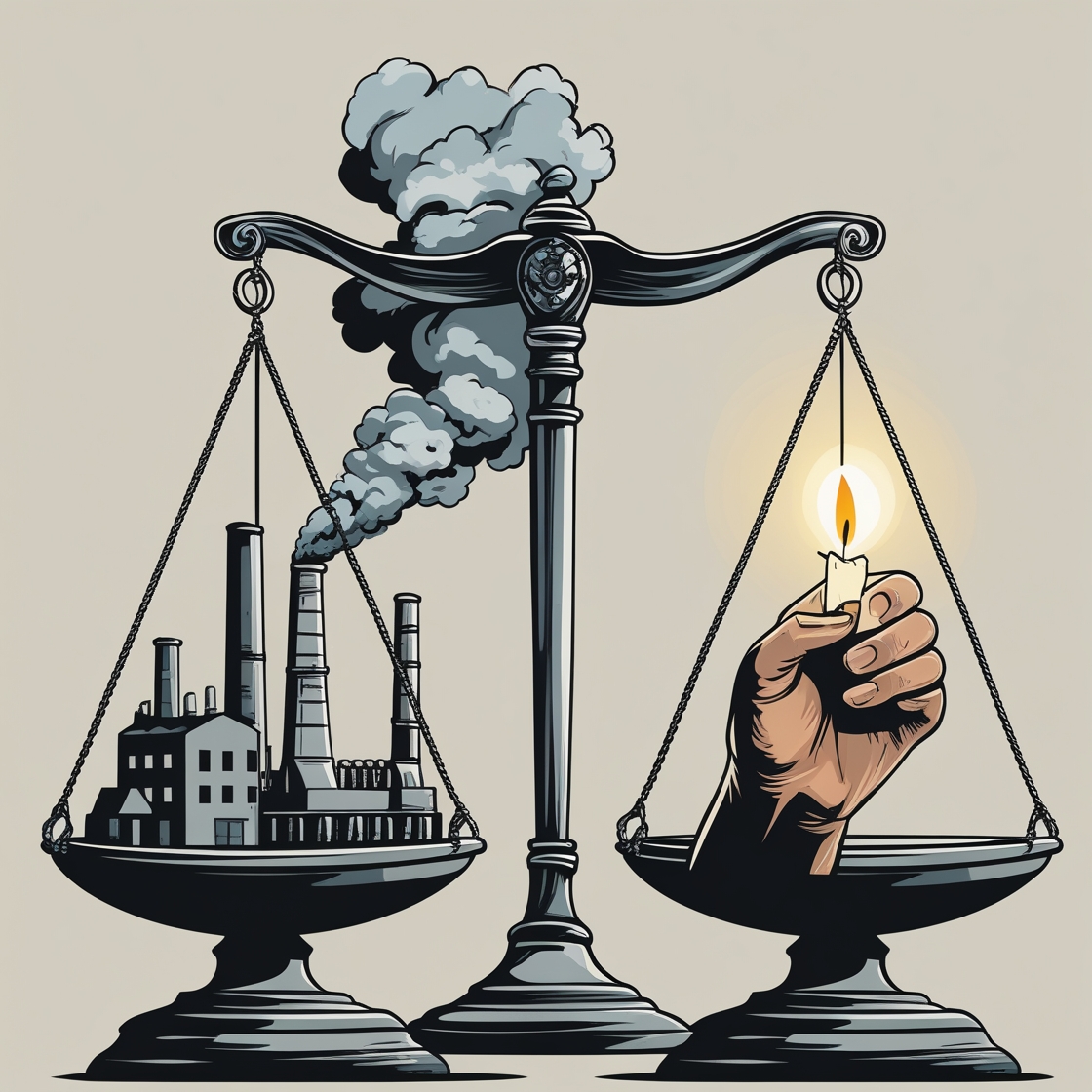
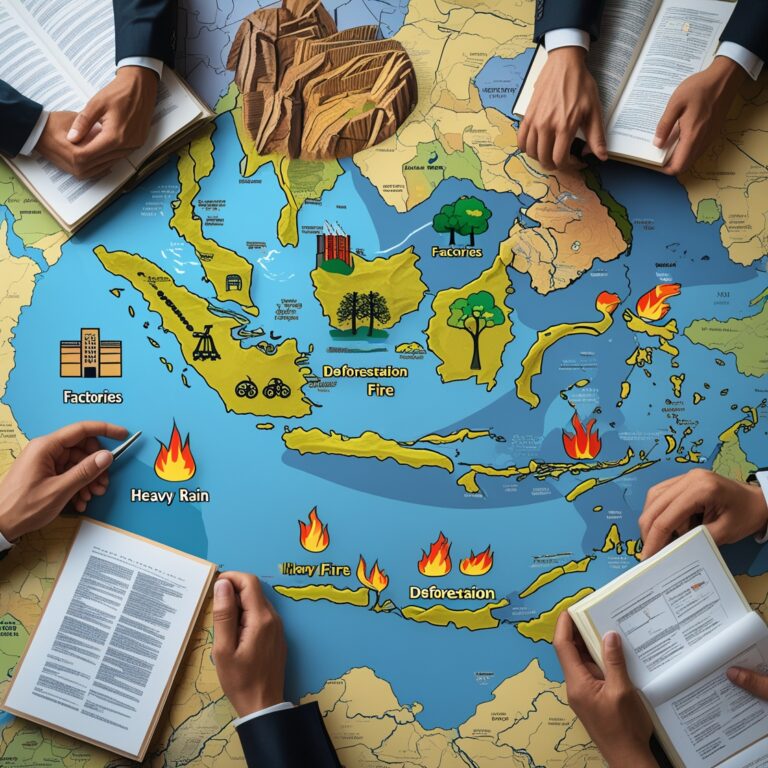
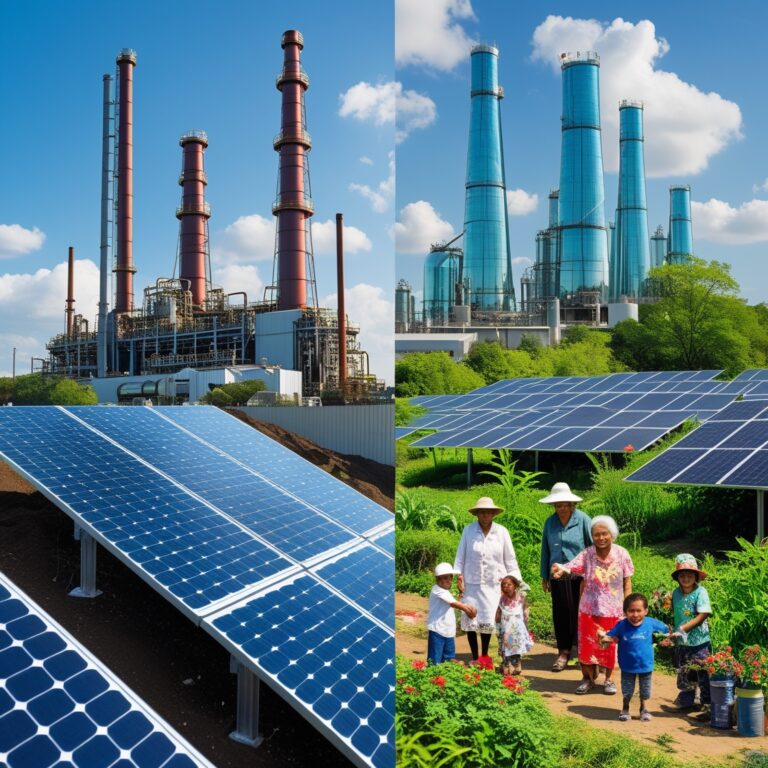
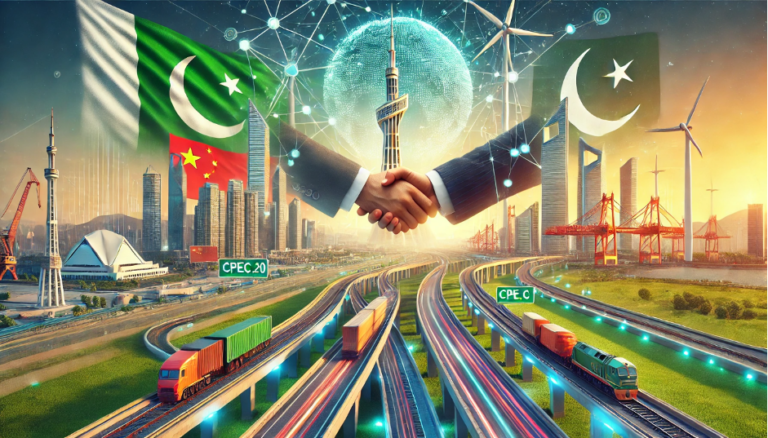
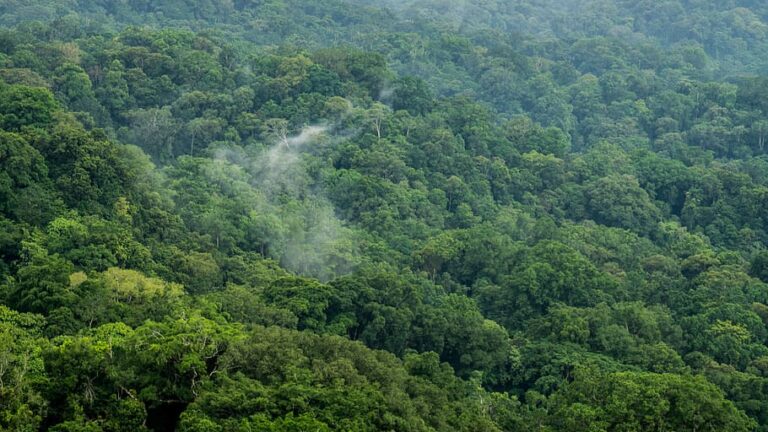
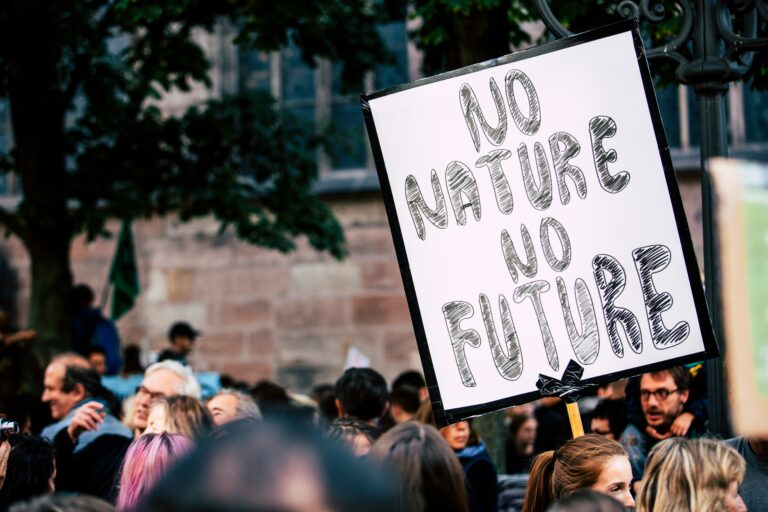
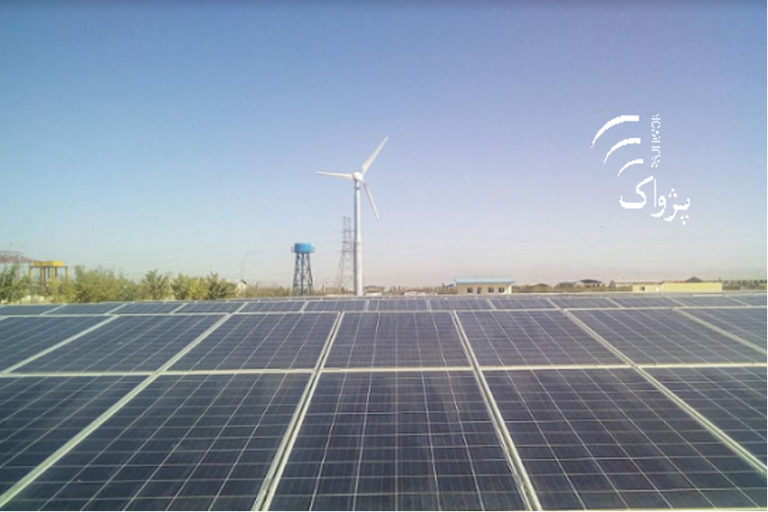
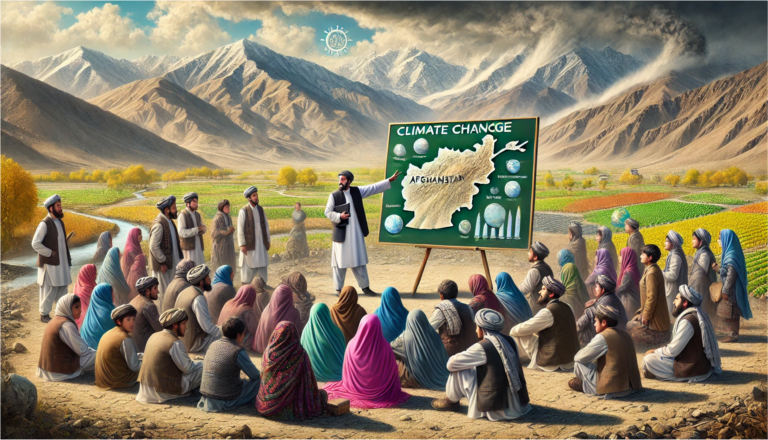
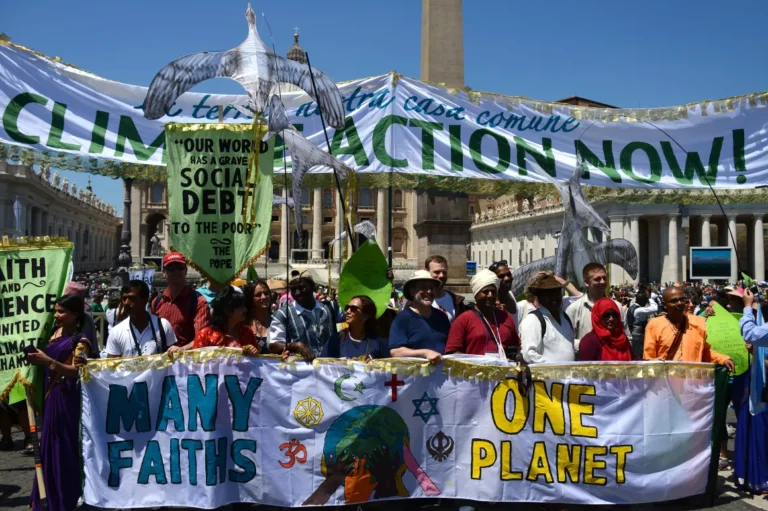
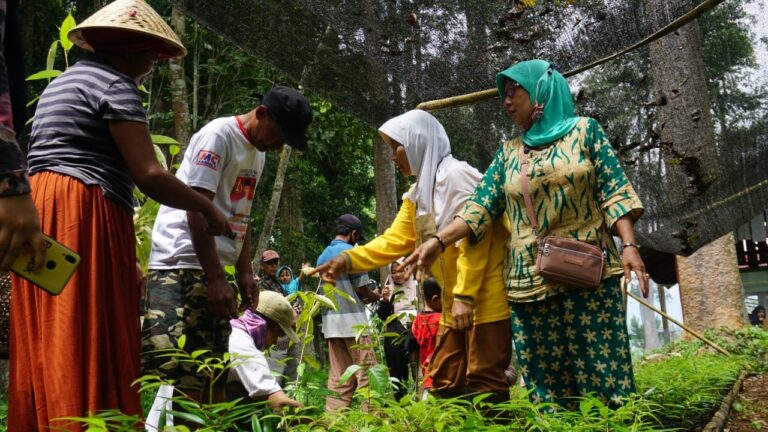
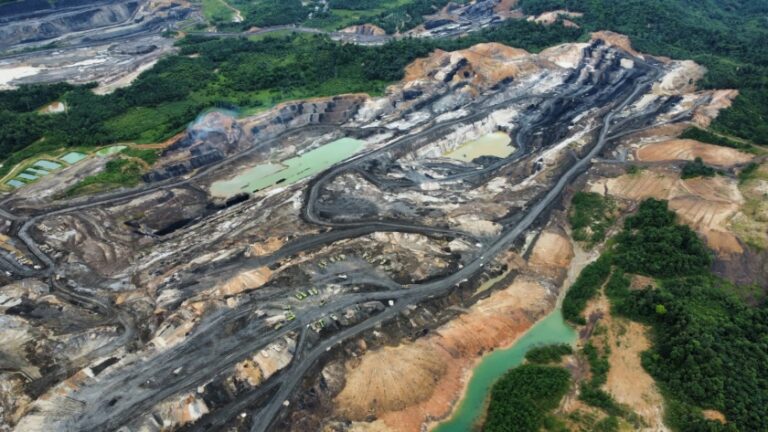
+ There are no comments
Add yours